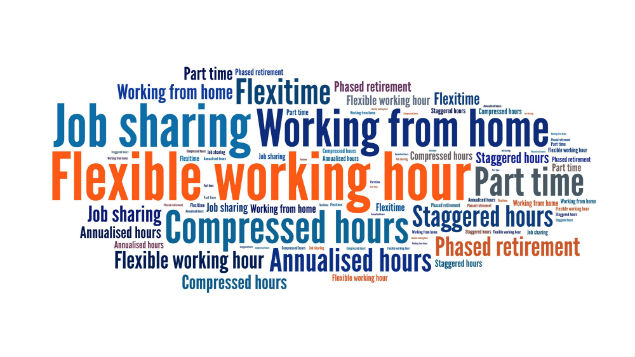How flexible working can meet a work/life balance for a happier new year
January 3, 2020

In recent times – working 9 to 5 hasn’t always been the most staff-friendly way to make a living; with more and more people re-thinking their hours to enhance a work/life balance.
What is still seen a traditional ‘working day’ can not only be uncompromising for families, but in some cases, does not meet the increasing demands of customers using a business’ services.
Good work and flexible working go hand in hand – say Peterborough recruitment firm Anne Corder Recruitment – by fulfilling the normal out of office hours expectations of customers and giving busy parents or individuals the opportunity to meet their own childcare or family needs.
Recruitment partner Nel Woolcott said: “Not only does Government legislation make it easier for staff to request flexible working hours, but from a productivity point of view, research shows engaging part time staff or allowing flexible working can be good for business.
“Companies are increasingly adopting different start and finish times – leading to a reduction in absenteeism, and improved staff morale and productivity.
“There is also an argument that offering flexible working arrangements, well-places businesses to attract and retain key staff by adopting less traditional structures including compressed hours, home working and temporary or part time contracts.
“The key for bosses is how best to make it work for their business. This may involve looking at how the company is structured, monitoring activity levels during the day and, probably most importantly, communicating with staff.
“If, for instance, the majority of orders come into your business overnight via email, it makes sense to have a concentration of processing staff available in the morning. Businesses which see themselves as a ‘traditional company’ can still adapt their practices to suit a modern-day workforce. Perhaps a shift in mind-set is necessary. Don’t think of it as ‘having staff in and out at odd times’ but more about organising working hours to suit the business.”
Industry figures show that the number of people working ‘flexible hours’ has increased five-fold in the last two decades – from 9.5 per cent in 1999 to the 54 per cent in 2019.
Nel added: “Some companies explore the option of ‘time banking’ with their staff to allow the business to cope with peaks and troughs in workload. For example, a staff member may be on an indicative contract of 35 hours per week, however during peak periods they may wish to work 45 hours in order to ‘bank’ the additional 10 for a week when demand is lower, and they may have a school sports day or a Christmas play and want to leave earlier than usual.
“Flexible working can also be a major contribution to a person’s well-being; with the knock-on effect of increased happiness, job satisfaction and productivity.”
The Recruitment & Employment Federation commissioned research on flexible working in the UK, focussing on temporary agency workers, contractors and freelancers working through employment businesses. Findings included:
- Two in five British adults have been a temporary agency worker, contractor or freelancer at some point in their working lives
- The gender balance of people who have been flexible workers is fairly even (47 per cent of women and 53 per cent of men)
- One in four people aged under 25 have been a flexible worker, as well as two in five of those aged over 25
- People choose flexible work for a wide variety of reasons, including fitting in with school or other carer hours and their own wellbeing
- Flexible work helps people to progress in their careers. Two in three people who have previously been a flexible worker are now on a permanent contract.
Recruitment agencies play a vital role in facilitating flexible work. The vast majority of employers and workers who use recruiters are happy with the service they provide.